Skincare’s holy trinity: vitamin C, retinol and sunscreen – an anti-ageing trio worth more than the sum of their parts, boosting collagen, evening out the skin tone and preventing damage
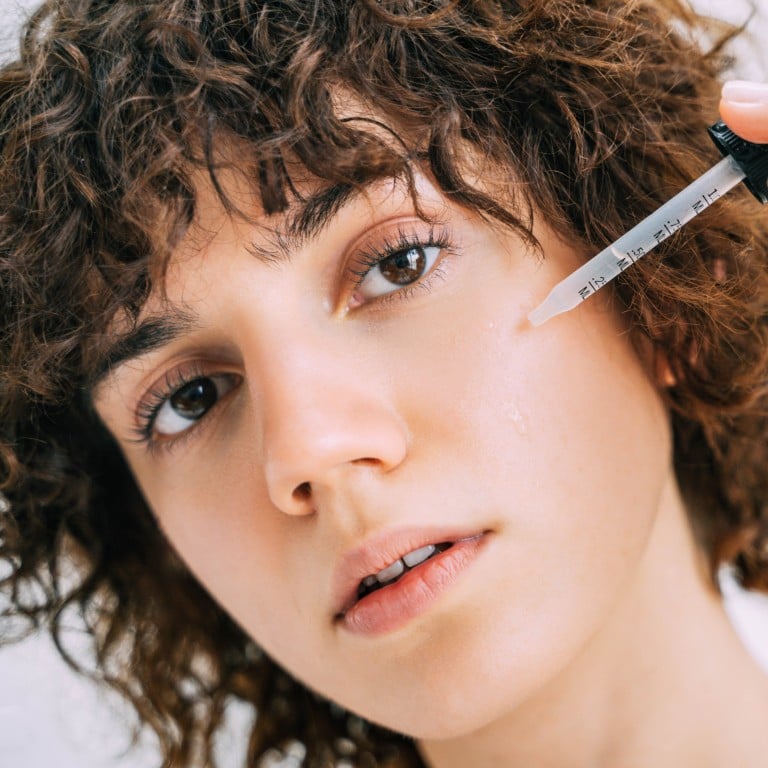
As new skincare trends bloom on TikTok overnight and novel ingredients promise improvements that may only be fleeting, it’s easy to feel lost in a sea of potential beauty routines and formulas competing for our attention. Amid the chaos of viral trends and so-called groundbreaking formulations, however, one trio stands as an unwavering cornerstone: vitamin C, retinol and sunscreen.
While new and innovative ingredients may dazzle with their momentary brilliance, these all-time classics – deeply rooted in science and time-tested efficacy – stand tall for reasons that transcend the nature of passing fads.
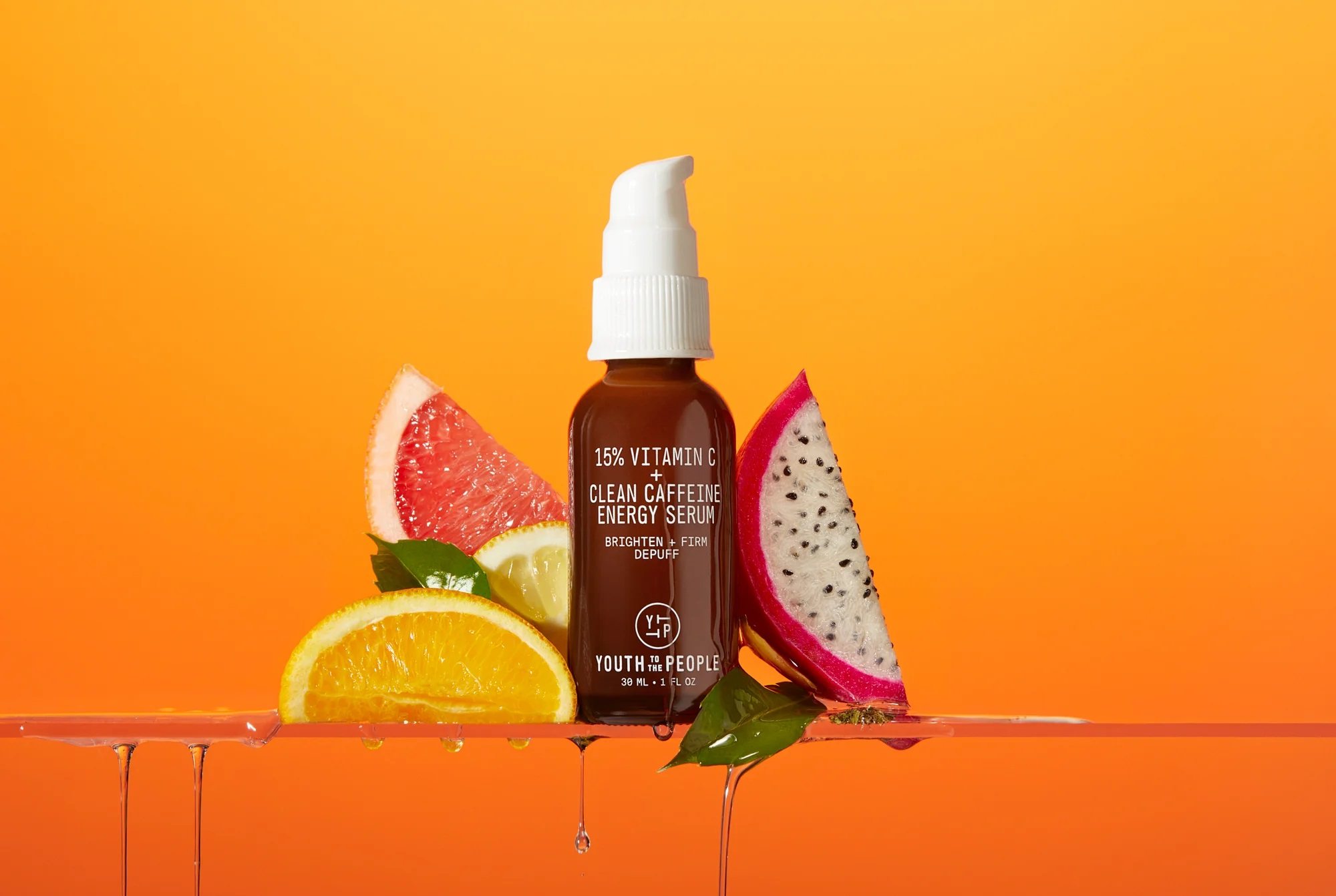
Their tried-and-true nature is not merely about addressing concerns as they arise but, crucially, preventing them from taking root. “Retinol, vitamin C and sunscreen are known as the holy trinity in skincare,” says cosmetic dermatologist Dr Cula Svidzinski. “They are integral to skin health and repair and are well recognised for their anti-ageing benefits.”
Caudalie’s co-founder Mathilde Thomas on everything beauty and skincare
Vitamin C, with its antioxidant and collagen-boosting capabilities, addresses not just the symptoms but the causes of various skincare concerns. “Vitamin C is a powerful antioxidant that boosts collagen production, reduces hyperpigmentation and protects the skin against damage from free radicals, leading to smoother and brighter skin,” Svidzinski explains. In this foundational role, vitamin C effectively addresses uneven skin tone, leaving behind a luminous glow.
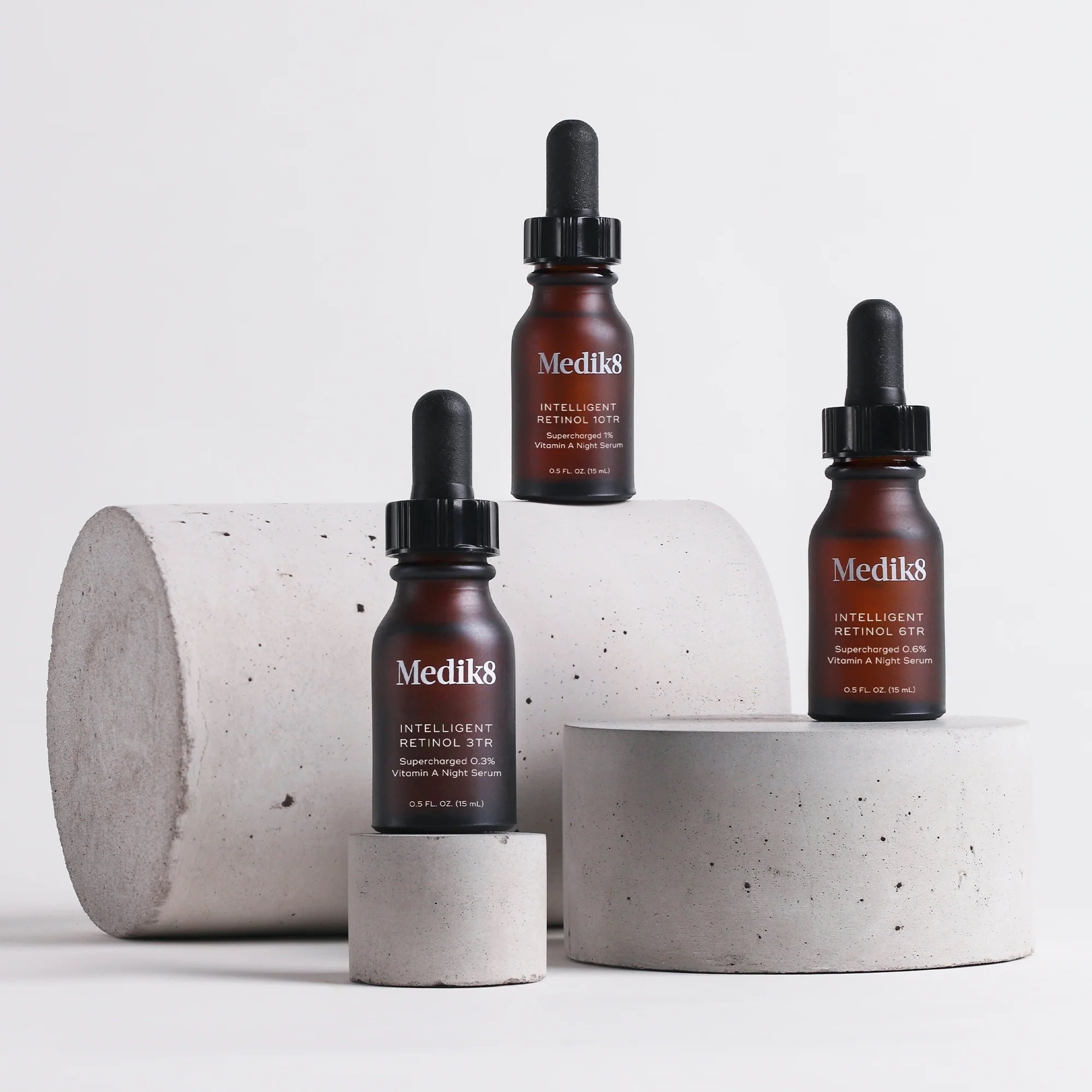
At the other end of the spectrum, retinol, the revered anti-ageing virtuoso, goes beyond superficial fixes. Stimulating collagen production and prompting cellular turnover, it lays the groundwork for sustained rejuvenation, reigning supreme in the realm of anti-ageing by fortifying the skin’s structure and diminishing the appearance of fine lines and wrinkles. Retinol is synonymous with renewal, revealing a fresher, more youthful canvas.
Yet, it’s the steadfast presence of sunscreen that underscores the enduring wisdom of this trio. “Of the three, sunscreen is the most vital product when it comes to skincare. It protects against sun damage and, importantly, decreases your risk of skin cancer,” Svidzinski says. “Consistent sunscreen use helps delay signs of ageing such as dark spots, wrinkles and sagging.” While beauty trends may spotlight quick, transformative results, sunscreen quietly stands as a guardian against the relentless march of time. Its role in preventing UV damage leading to premature ageing aligns with the long-term objectives of any skincare routine.
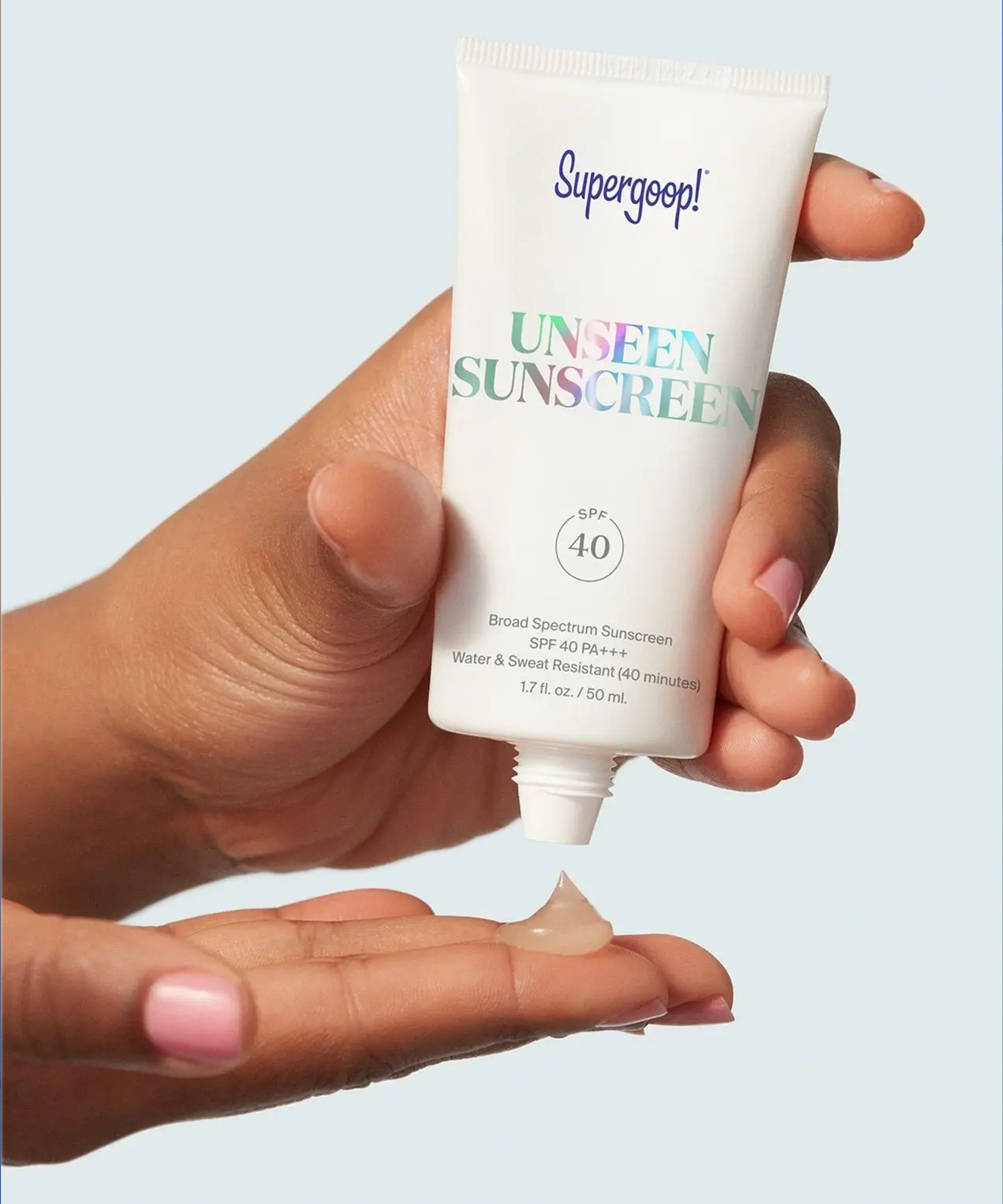
The synergy between vitamin C, retinol and sunscreen reveals benefits beyond the sum of the trio’s parts. “These three ingredients keep reigning in the skincare market because they are the best and most well-studied anti-ageing ingredients and, collectively, are most effective at improving skin texture and tone, leading to a healthy glow,” Svidzinski says.
Are under-eye fillers really better for dark circles than eye creams?
Yet, as glorious as this trio may be, achieving stability in vitamin C and retinol formulations is a major job for scientists, given both ingredients’ susceptibility to degradation. The instability of vitamin C – prone to oxidation in the presence of light and air – and the vulnerability of retinol to degradation underscore the importance of advanced formulation techniques. Some high-end skincare brands rise to the challenge by investing in state-of-the-art packaging, shielding delicate ingredients from external elements that threaten their integrity. Premium ingredients, meticulous formulation processes, and excluding unnecessary fillers and additives that might compromise potency also play a pivotal role.
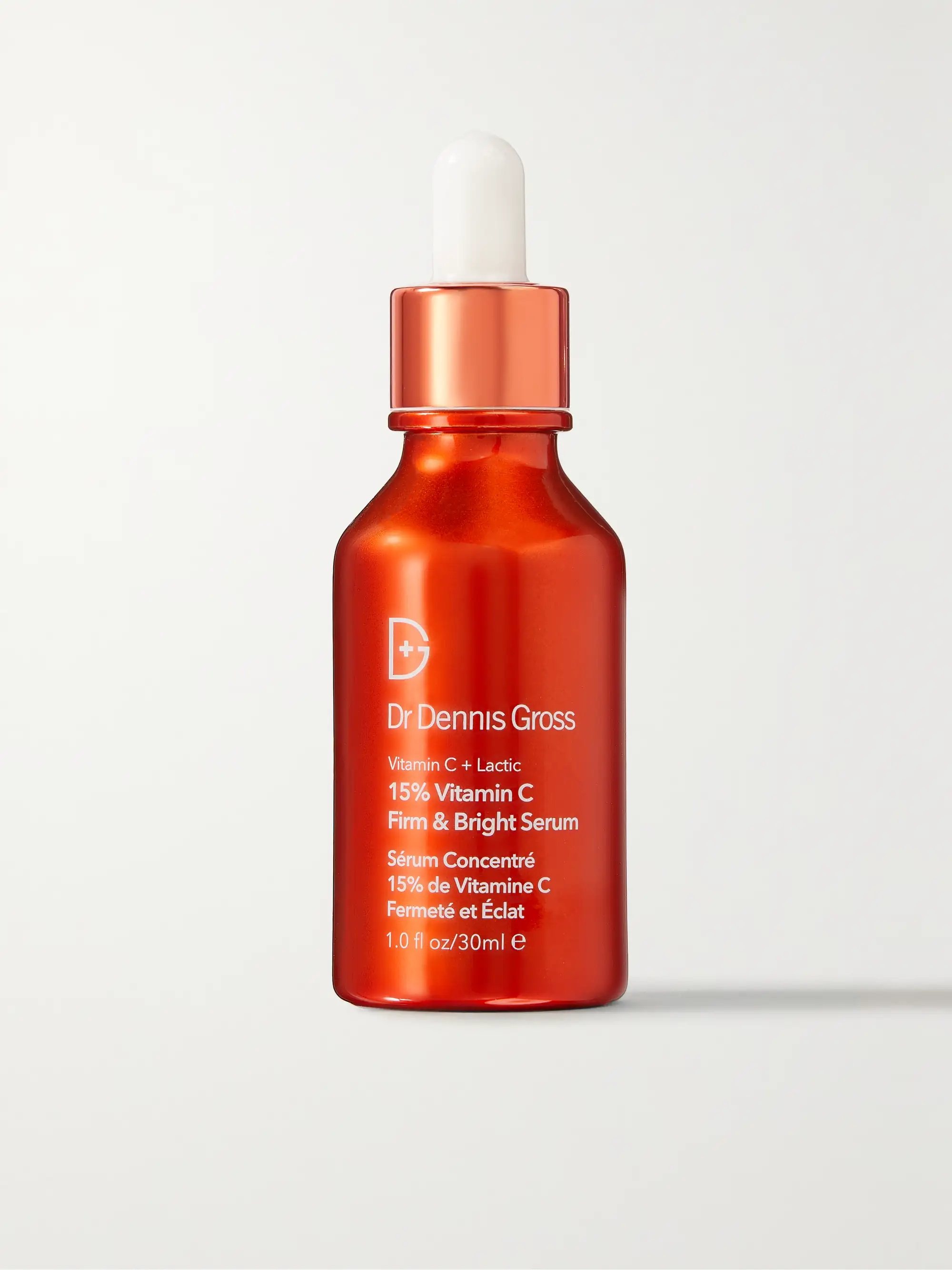
Still, Svidzinski explains there are some common mistakes people make when introducing these holy grails into their routines. The most common is “not using sunscreen every day, not using enough sunscreen or using sunscreen with SPF less than 30. You need half a teaspoon of sunscreen with an SPF of at least 30 for your face and neck, 365 days a year,” she says. Additionally, she recommends using vitamin C in the morning and retinol at night to avoid irritation.
Some vitamin C formulations carry high concentrations of active ingredients, “which can lead to skin irritation or a burning sensation” warns Svidzinski. “To avoid this, I recommend starting with a lower concentration.” As for retinol, the most common mistake is using too much product. “Less is more when it comes to retinol,” Svidzinski notes. “Too much product leads to irritation and dryness. So, a pea-sized amount is recommended for your whole face.”
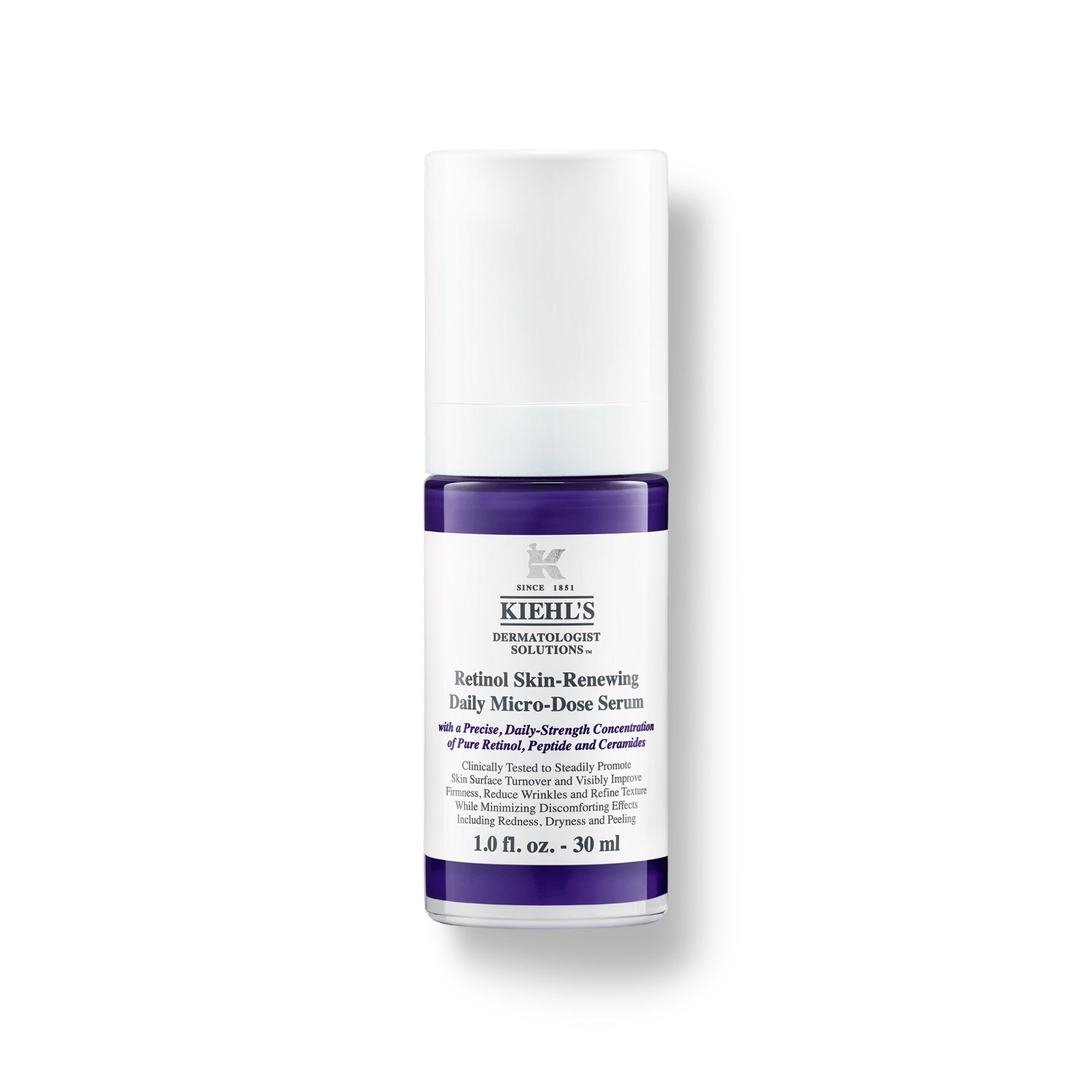
The potency of vitamin C and retinol is a double-edged sword – as these powerhouse ingredients, while transformative, can lead to redness, discomfort, dryness, flakiness and a heightened sensitivity to sunlight. Incorporating them into one’s routine may demand a strategic approach to application.
What’s better – topical or ingestible skincare? From collagen to vitamin C
Counterbalancing becomes the guiding principle in navigating the potency of these ingredients. Introducing complementary skincare elements is paramount, including soothing agents like aloe, known for its cooling and anti-inflammatory properties; cica, recognised for wound-healing and balancing properties; niacinamide, complementing the efforts of vitamin C and retinol by strengthening the skin’s barrier; and oil-based formulas to prevent dryness. This is when moisturisers play a crucial role: enriched with hydrating ingredients like hyaluronic acid and squalane, they become the binding force that seals in moisture, preventing the skin from surrendering to the potential harshness of these active ingredients.
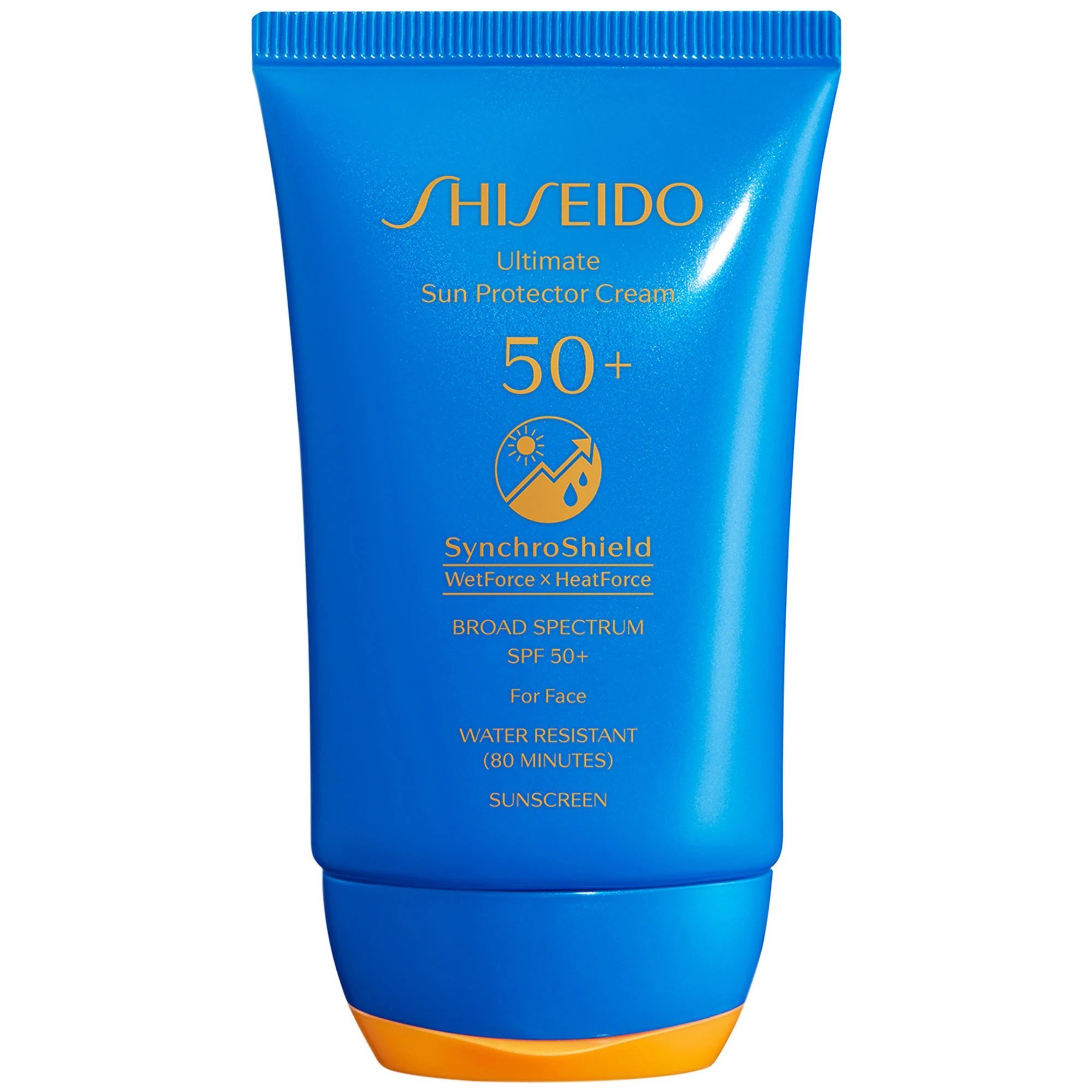
When vitamin C, retinol and sunscreen join forces, they form a powerful alliance against the ravages of time. Vitamin C’s antioxidant power combined with retinol’s cell turnover and sunscreen’s protection form a triple-action defence mechanism that, when orchestrated with care and knowledge, can lead to a radiant complexion.

- Vitamin C is a powerful antioxidant and retinol prompts cellular turnover, while both ingredients stimulate collagen – but all those benefits could come to nought if you don’t use sunscreen
- Since potent active ingredients can irritate and dry out the skin, balance their effects with complementary skincare such as soothing aloe, wound-healing cica and moisture-boosting niacinamide